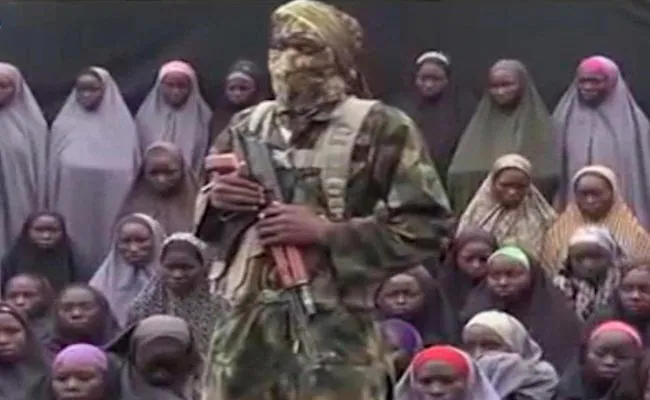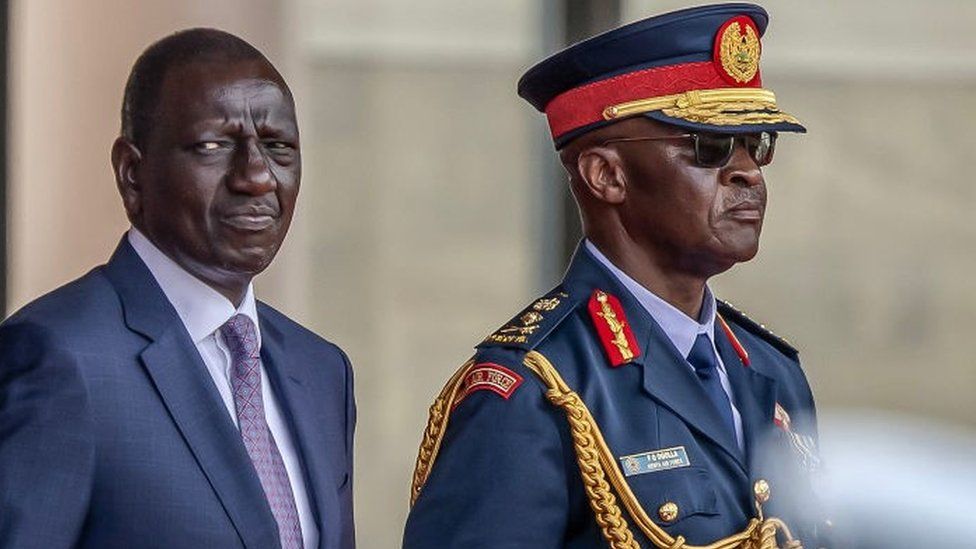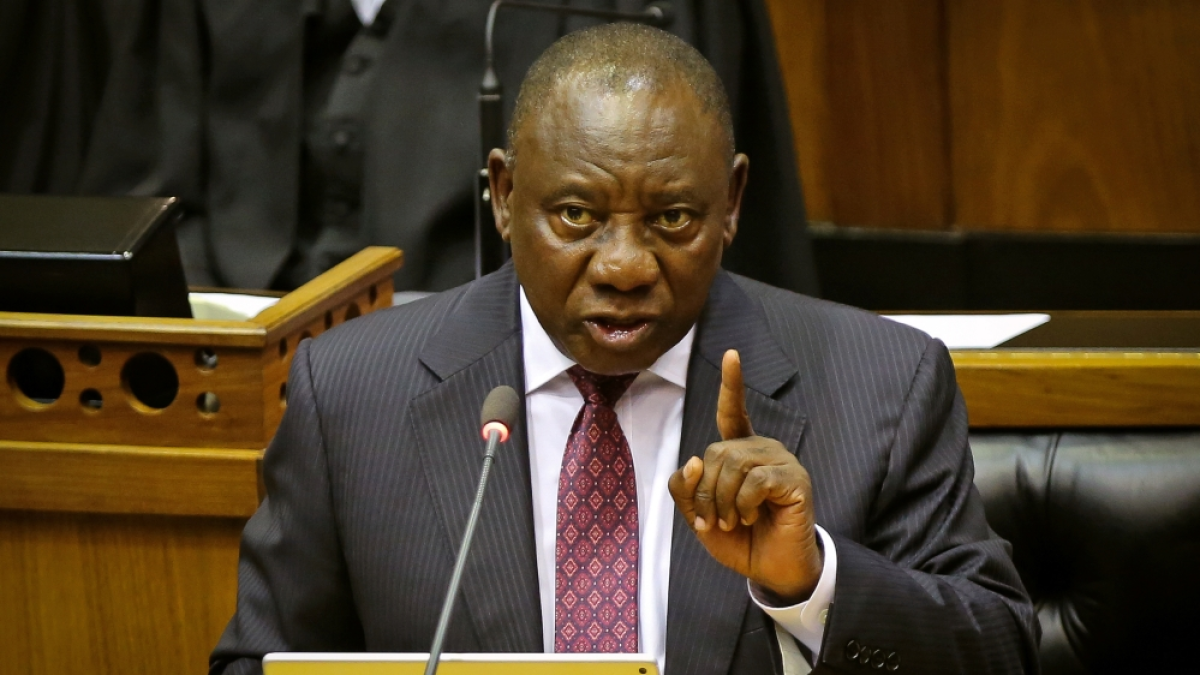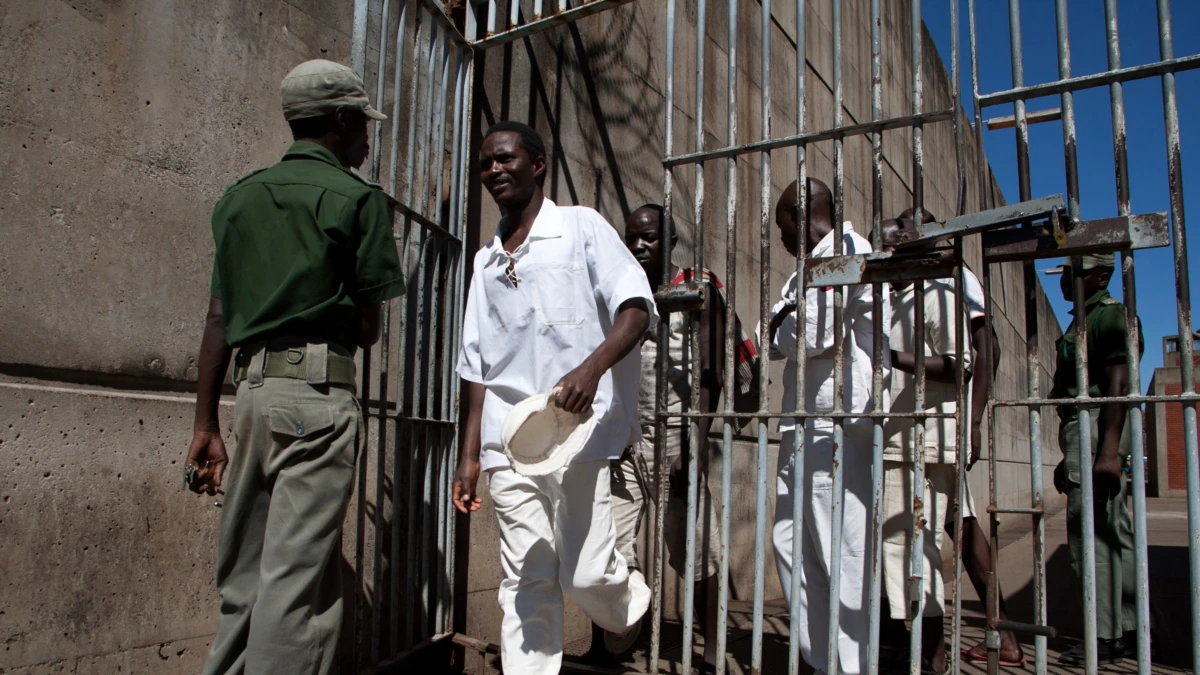HARARE – An indefinite teachers’ strike which began on Tuesday got off to a patchy start amid fears of further intimidation by security forces who cracked down hard on protests last month.
Zimbabwe is in an economic crisis marked by cash shortages and rising prices of basic goods after President Emmerson Mnangagwa hiked fuel costs 168 percent last month.
That brought demonstrations and looting, plus a brutal response from security forces, which rights groups say left at least 16 people dead.
The Zimbabwe Teachers Association (ZIMTA), the biggest teachers’ union, said between 60 and 75 percent of its members had stayed at home in rural and urban schools but that security agents had gone to some schools taking details of absent teachers.
The union accused authorities of spreading fake news to discourage teachers from going on strike after state media reported that the work stoppage had been called off.
“Report all forms of intimidation, we are building a dossier of such,” ZIMTA said in a notice to members.
Cabinet ministers declined to answer questions on the strike at a media briefing in Harare.
In schools near central Harare, most teachers appeared to have turned up for work, but some were not conducting lessons, in adherence with the strike, witnesses said.
In a classroom at a primary school in Harare’s Mbare township, a Reuters photographer saw one teacher eating from her lunch box in the morning while pupils sat quietly. She and the headmistress declined to be interviewed.
In Bulawayo, correspondents witnessed parents collecting their children at several schools in the morning after it became clear teachers would not be conducting any lessons. Where teachers were present, no learning took place.
Zimbabwe has about 105,000 public-sector teachers – about a third of the government’s entire workforce.
“Some teachers are in class but there is no meaningful teaching going on,” ZIMTA’s president, Richard Gundane, told Reuters.
Government workers are demanding wage rises and payments in U.S. dollars to cope with soaring inflation and an economic crisis that has sapped supplies of fuel and medicines.
Zimbabwe dumped its worthless currency in 2009 and adopted the dollar, but most Zimbabweans are paid via electronic dollars into their bank accounts and those electronic dollars have lost value against their cash equivalent.
Many Zimbabweans, who have seen purchasing power eroded, say Mnangagwa has not delivered on pre-election pledges to kick-start growth after the exit of Robert Mugabe following a coup in 2017.
Despite their demands for better pay, other public workers have declined to join teachers on strike, with unions saying they are fearful of the security situation and want to continue wage talks with the government.
The government has allowed nurses to work just three days a week because they do not have enough money for bus fares, the nurses union said on Tuesday.
The government has pleaded with teachers’ unions to give talks a chance, saying children will be hurt by the strike. – Reuters















